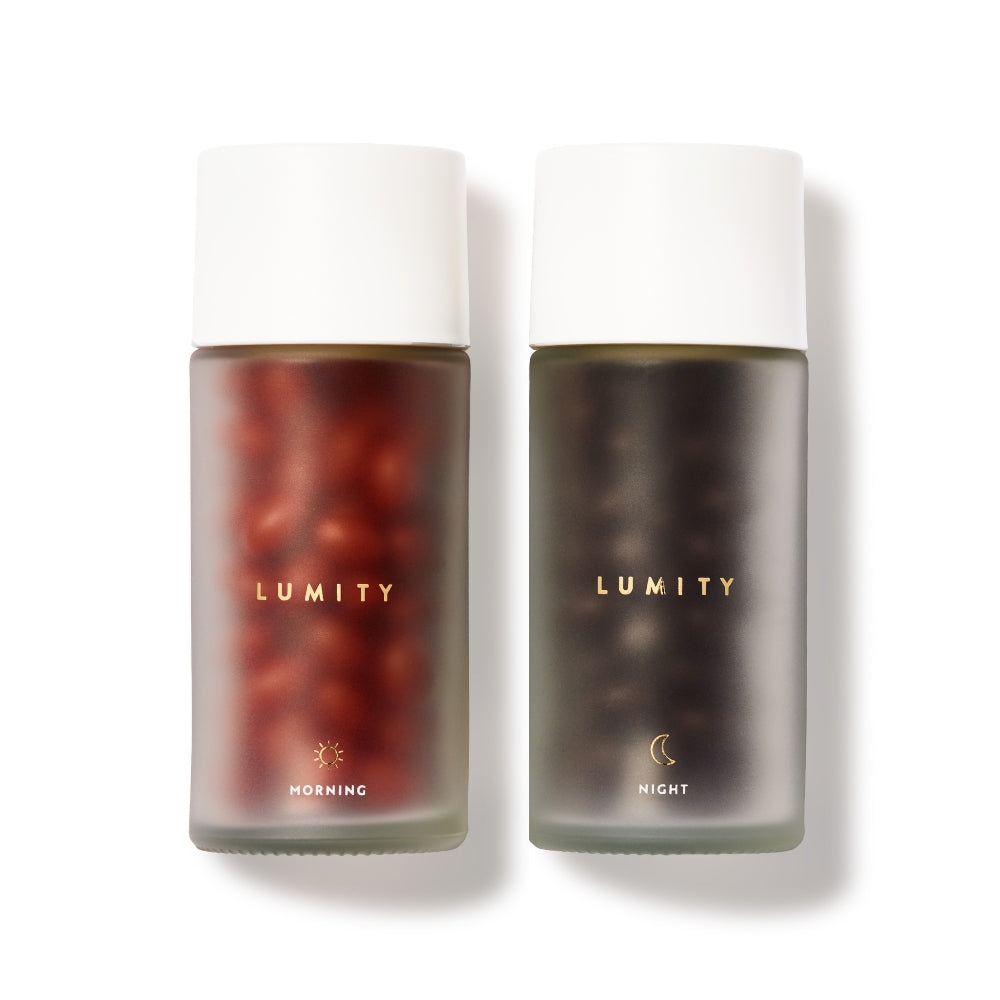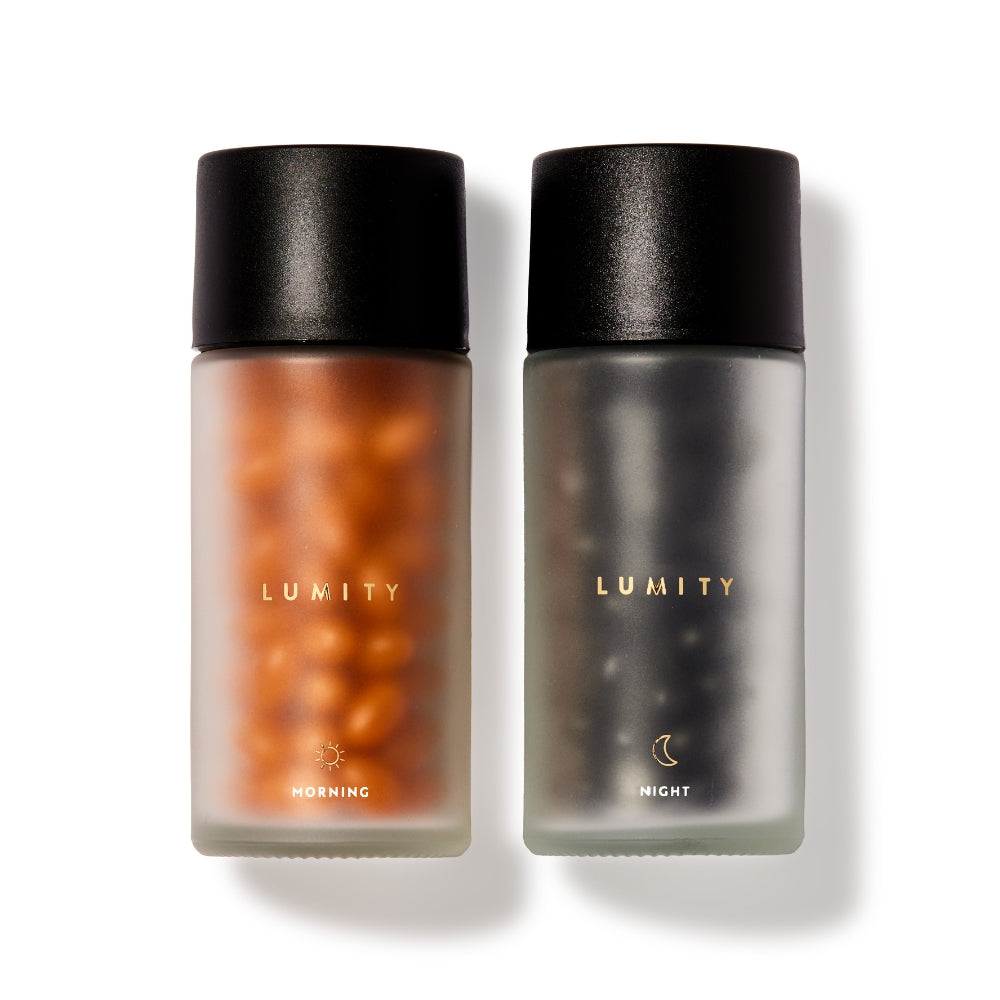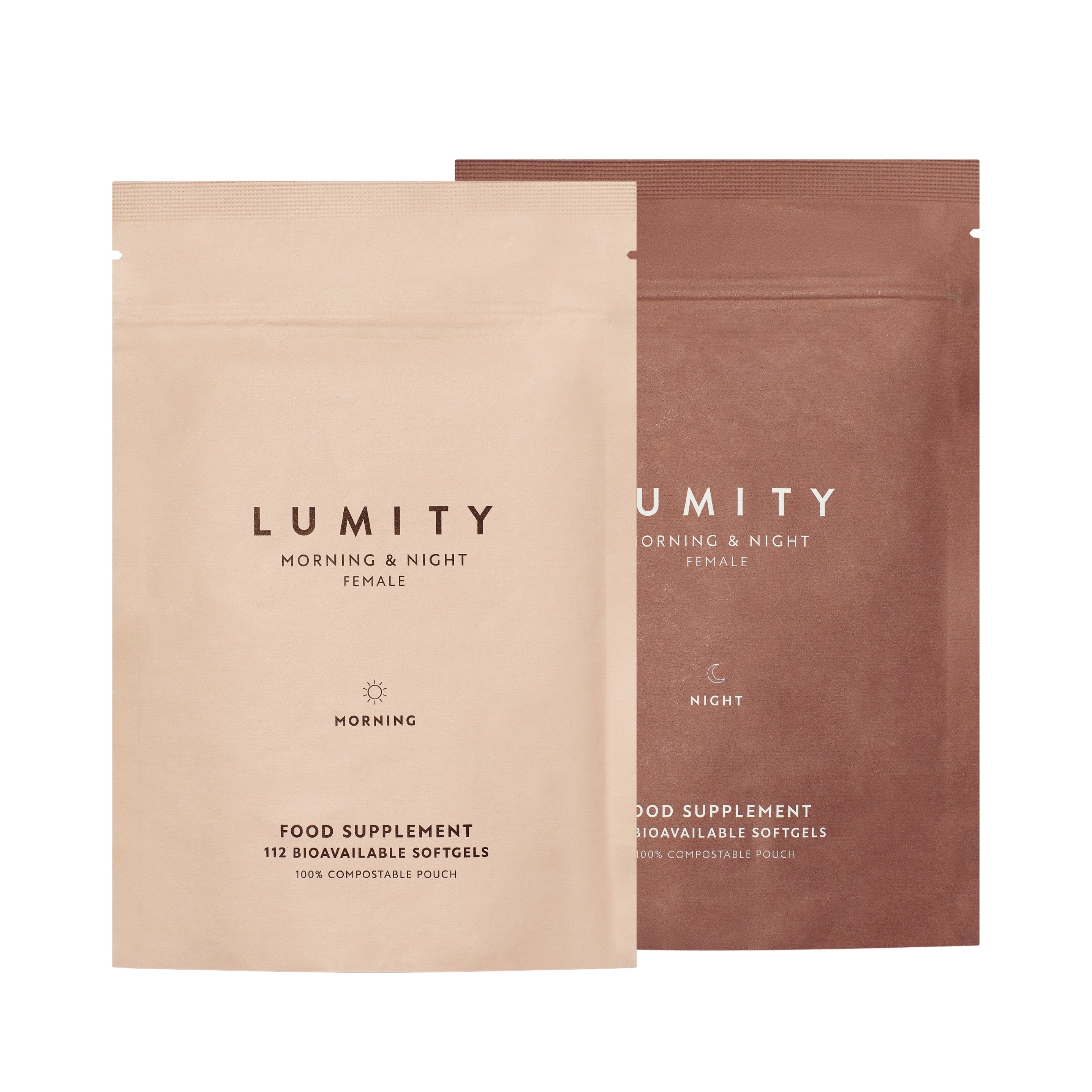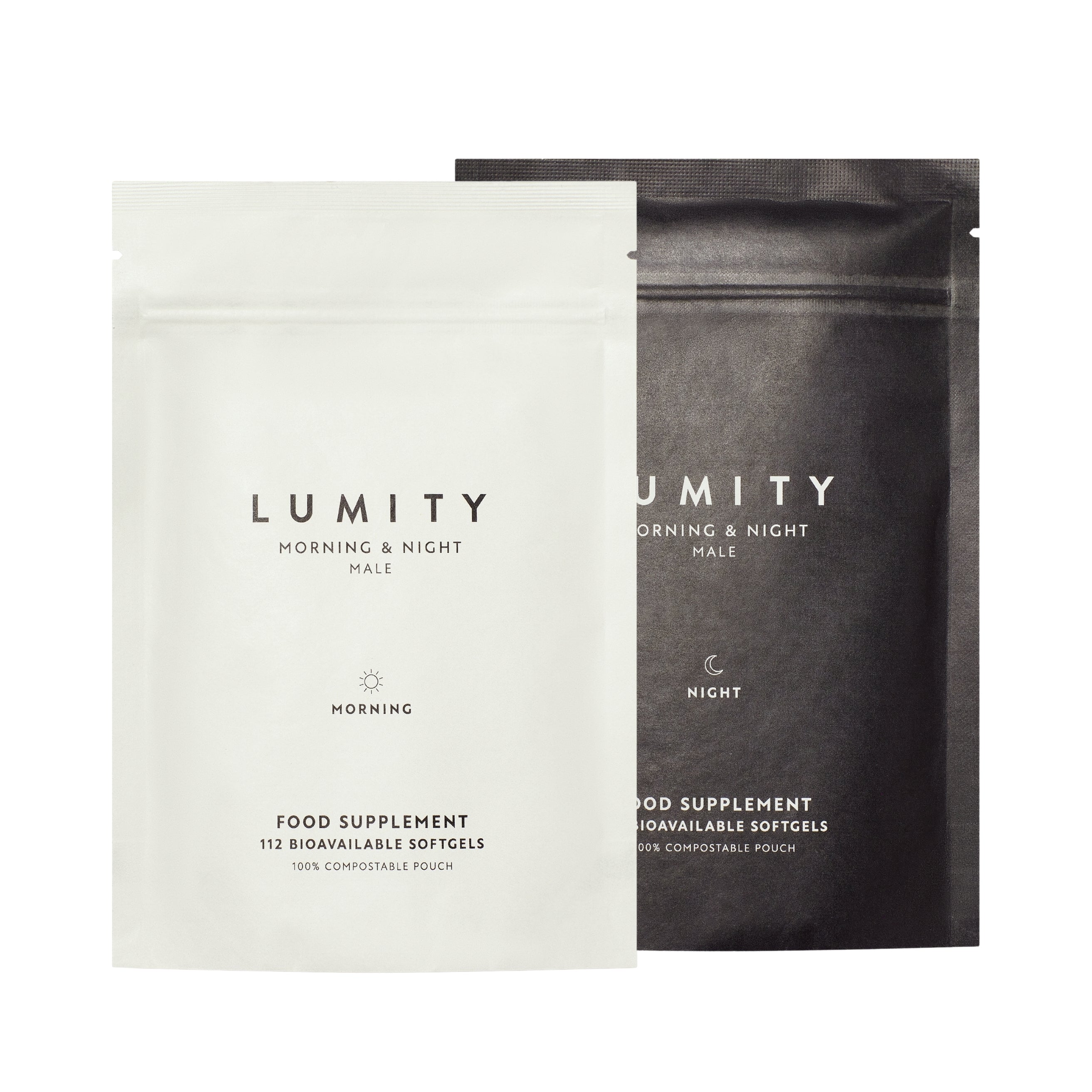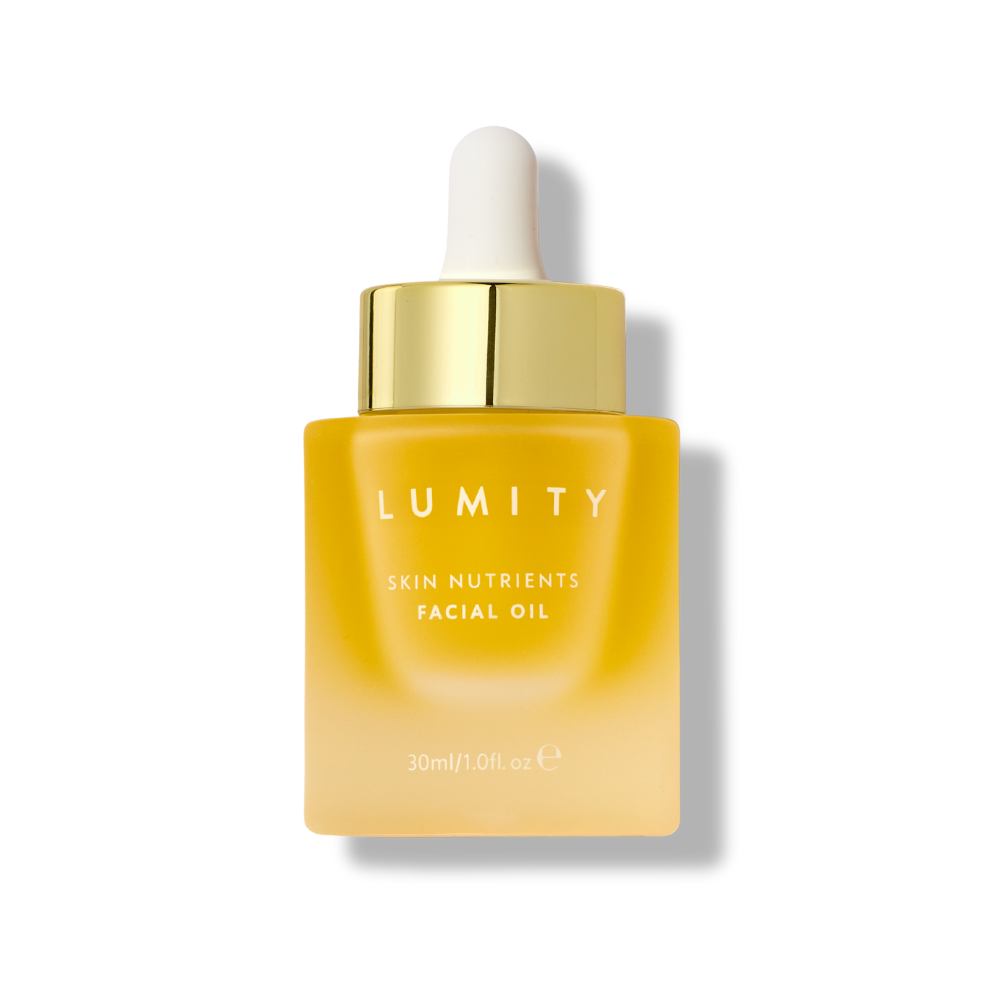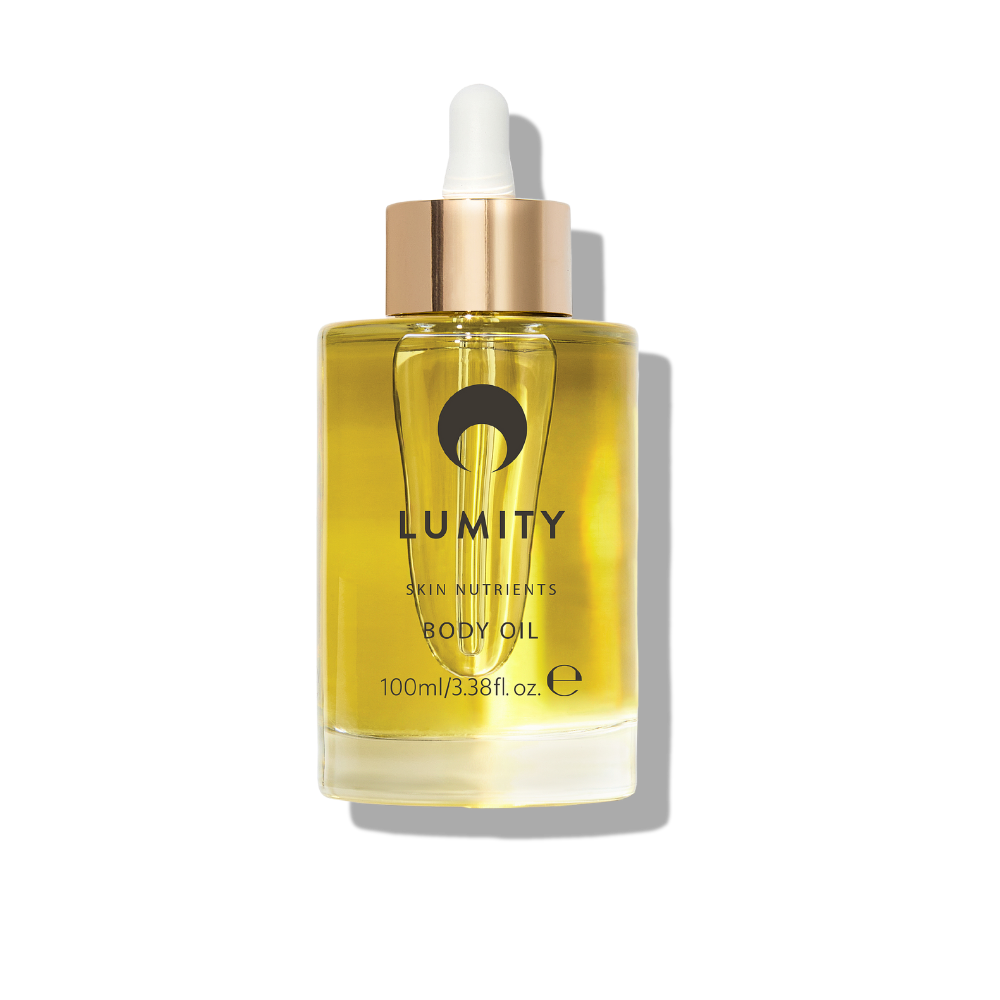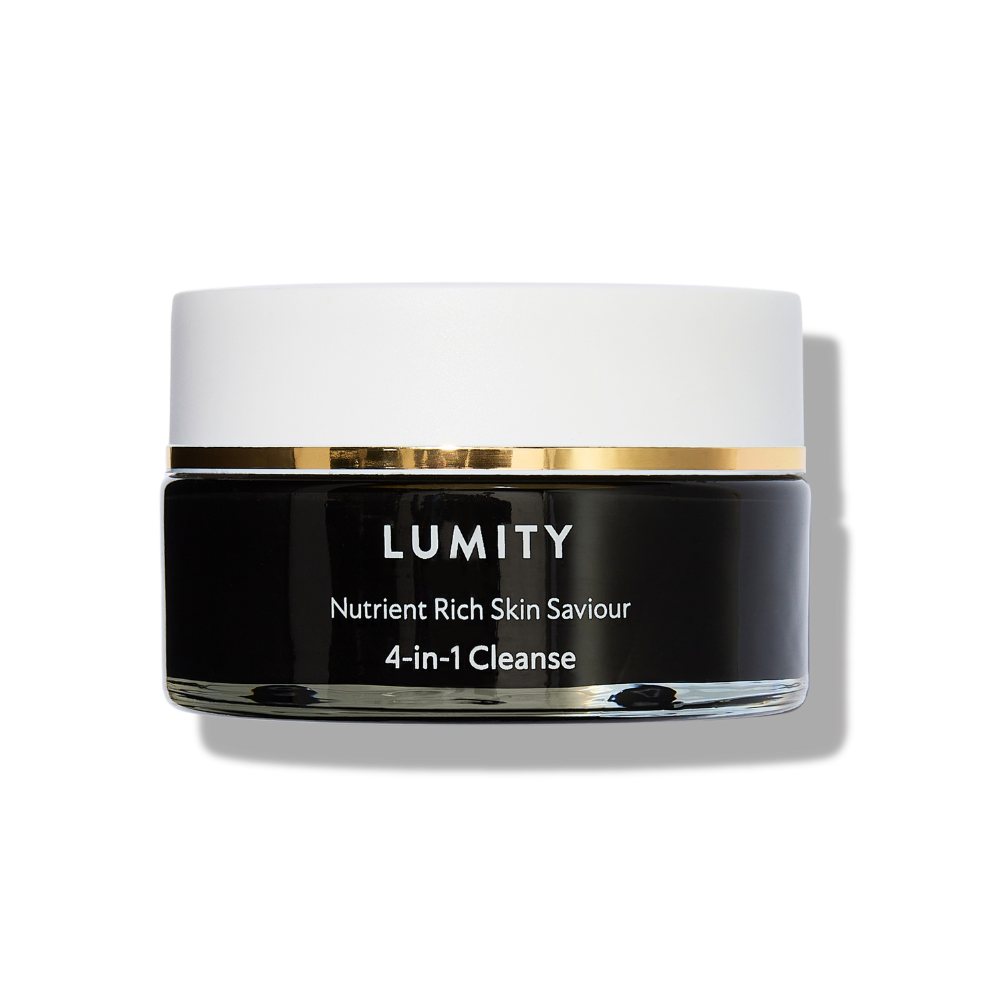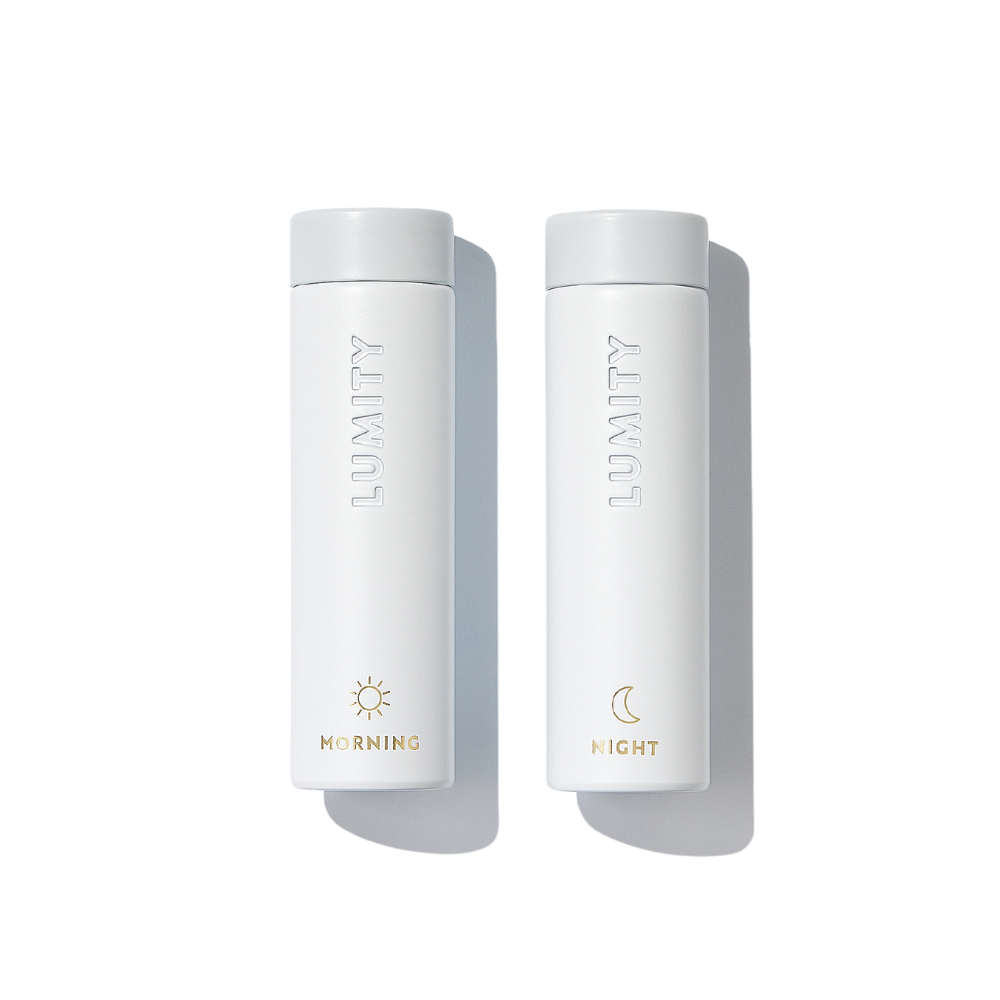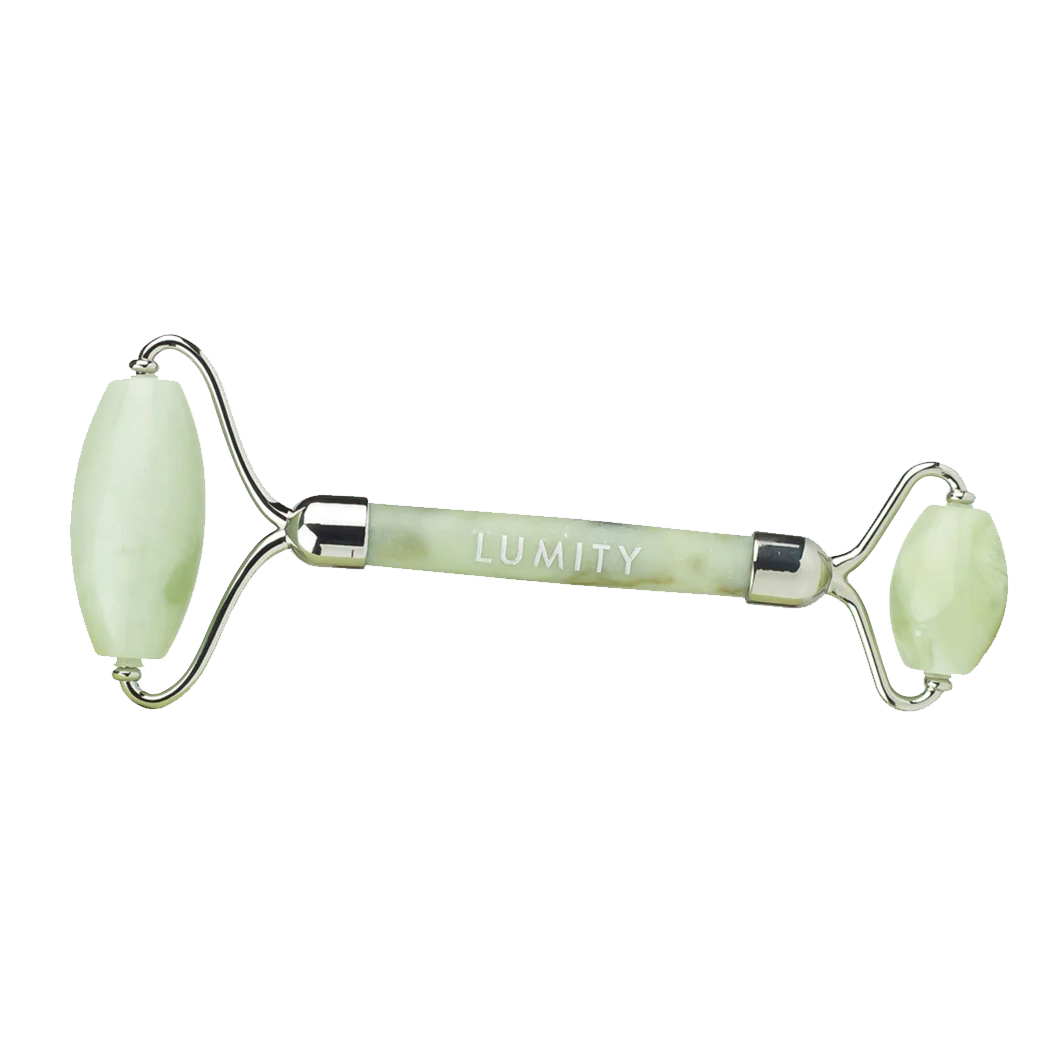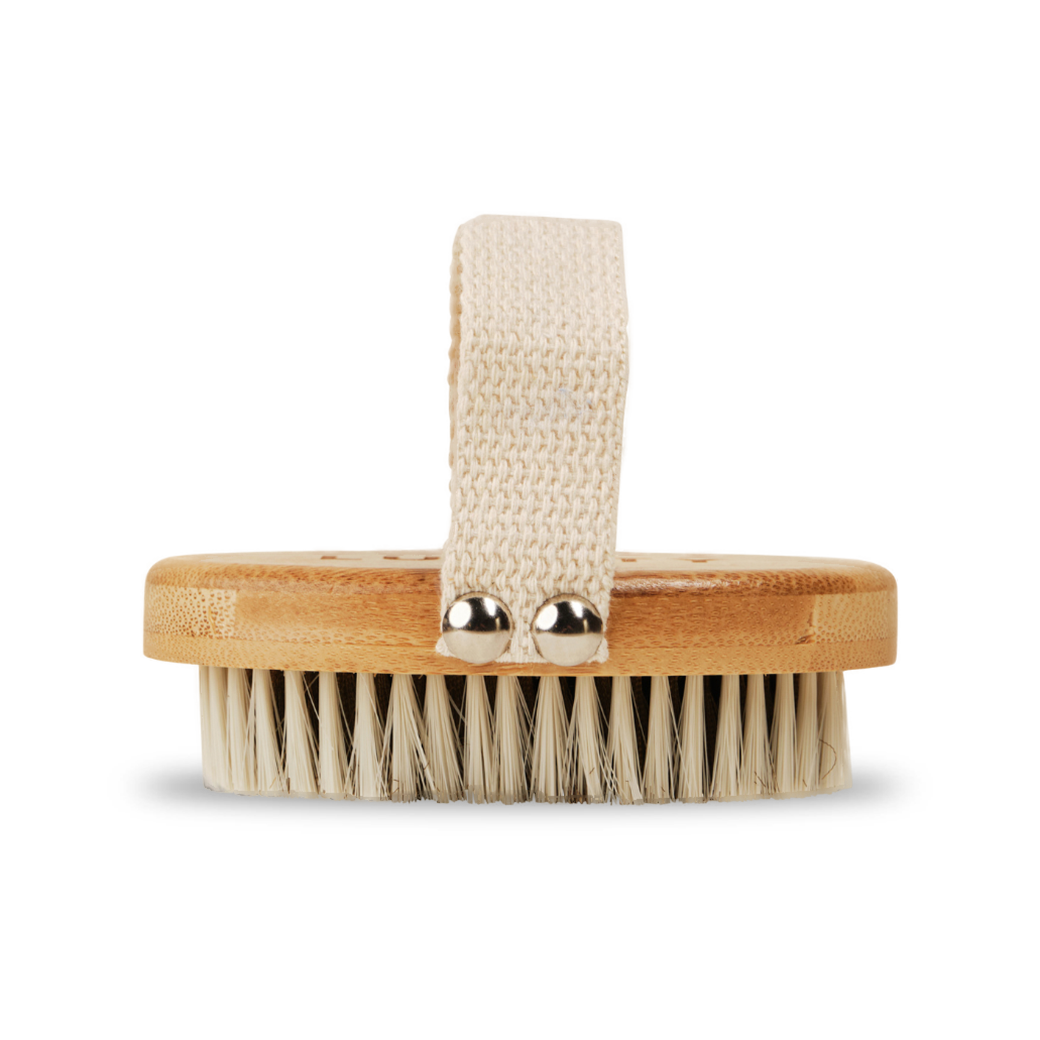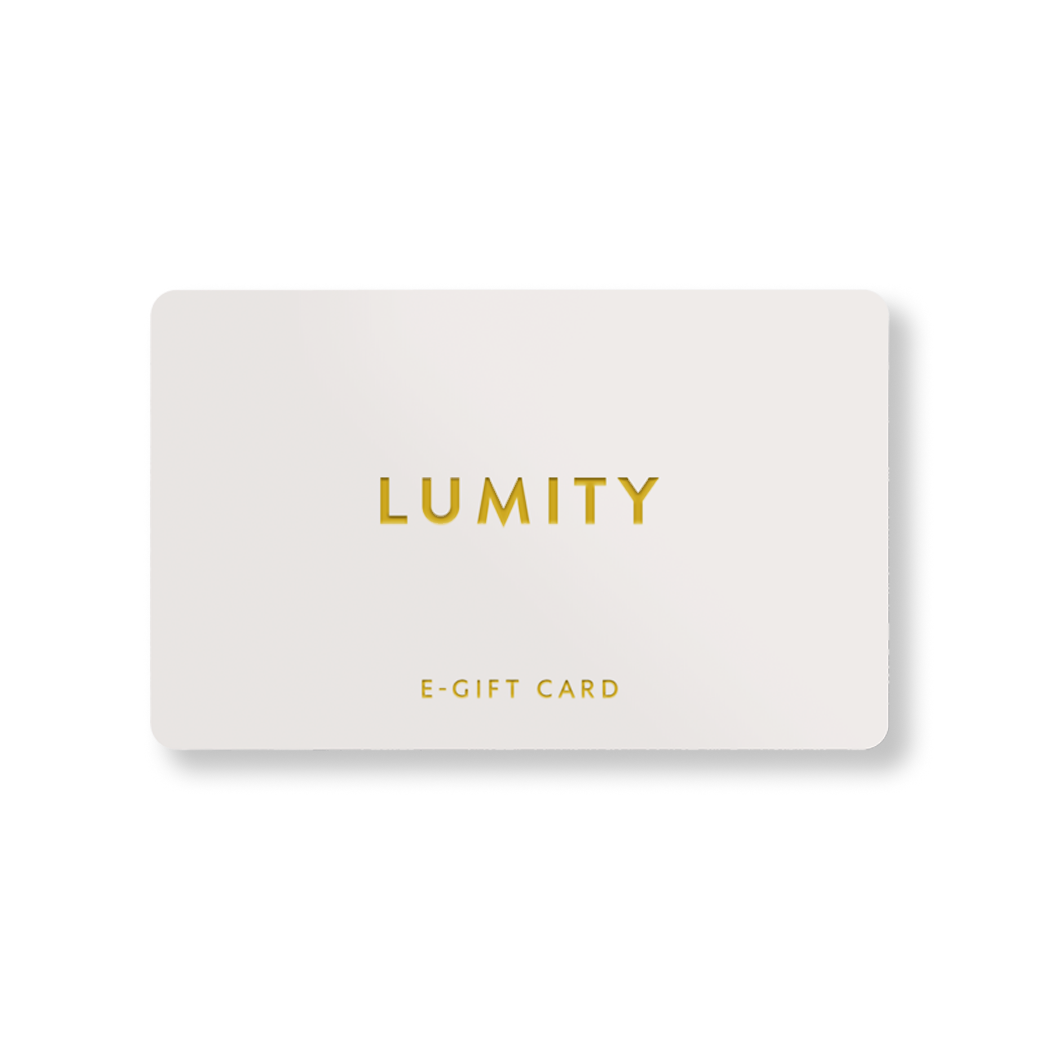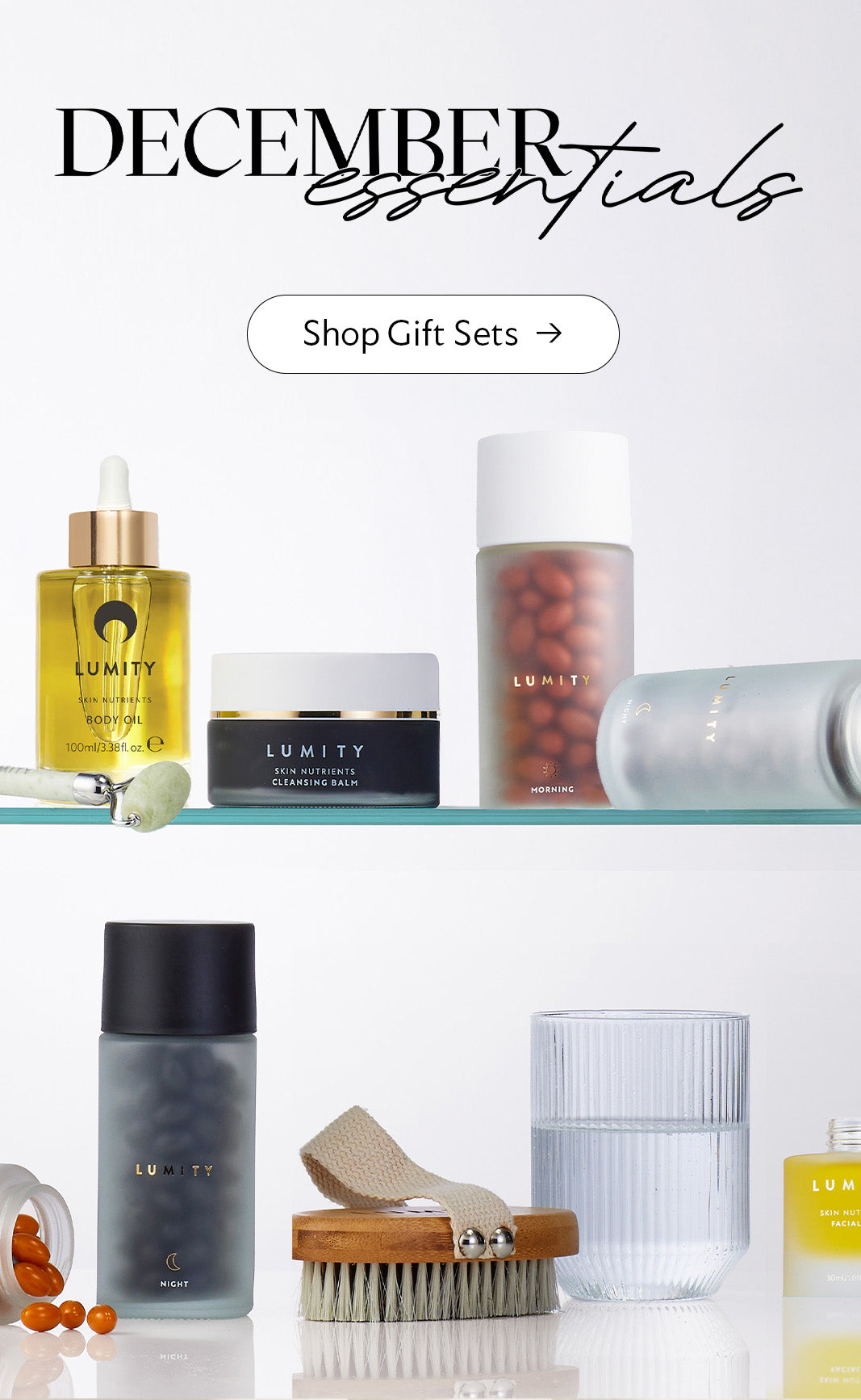
Super-ageing! The exercise, diet and vitamins to keep you young
Do you know what flaxseeds are good for? Or the best supplement for joints? Nutritionist Suzi Grant, 69, knows the secrets of youth
The author and nutritionist Suzi Grant turned 69 this week, although the machine at her gym tells her she’s metabolically 52 and she’s often mistaken for a fiftysomething with her glowing skin and offbeat vintage style.
Good genes may play a part, she admits (her mother was Bulgarian, traditionally home to high numbers of centenarians). But the key to healthy ageing is in what you eat, how much you exercise and your attitude to life, she says in her book Alternative Ageing. After retiring at 60, she took a solo train ride to Rajasthan in India, and, at 64, began a lifestyle blog and became an Instagram star.
“I absolutely loathe the phrase ‘anti-ageing’ and won’t use it,” says Grant. “Ageing is inevitable — I mean, the only alternative is death. If you’re alive, you’re ageing. What’s important is to age healthily. I’m now entering the final year of my sixties and I’m proud that I’m practically the only one out of everyone I know who doesn’t take any prescription medicine.”
The path to healthy ageing starts in your forties, she says. She had her own midlife wake-up call at 42 when her mother died suddenly of a heart attack at only 63 years old. At the time, Grant was a TV reporter and newsreader, first at TV-am, then at Sky News, working long hours and partying hard.
She began researching the ultimate healthy lifestyle and retrained as a nutritionist, with clinics in London and Brighton, until her retirement. She also wrote three books, including the first edition of Alternative Ageing in 2006. “So much research has been published since then that I’ve completely rewritten it — including taking out any references to ‘anti-ageing’,” says Grant. “Nutrition is key, especially the Mediterranean diet, which I’ve eaten since I was a child in 1950s Britain when my mother had to buy olive oil from the chemists.
“Recently I’ve also cut down on meat and am mostly vegan, apart from fish twice a week and the occasional piece of meat when I’m out to dinner. Sugar is a huge no-no for healthy ageing. It shortens your life, feeds the gut’s bad bacteria and causes wrinkles through a process called glycation. I’ve even given up prosecco, which is packed full of sugar, for gin.”
When it comes to the foods that help you to age healthily, Grant says, vegetables are top of the list — and the greener the vegetable, the richer it is in nutrients. “As you get older, make sure your plate is at least half-filled by vegetables, preferably six types, but definitely more than two. I always have some cress or alfalfa sprouts growing so I can add as many living foods to my diet as possible. These are great for ageing as they contain chlorophyll, silica, beta-carotene, bioflavonoids, B vitamins, amino acids and minerals.” Go for low-sugar fruits such as raspberries, blueberries and strawberries, which are also high in lutein and zeaxanthin, plant chemicals that help to maintain healthy eyes. Grant also swears by the 5:2 intermittent-fasting diet, which she does most weeks, even while travelling. She also does Professor Valter Longo’s hard-core, five-day fast once or twice a year, when you eat 1,000 calories on day one and 725 calories on days two to five. “There’s good, solid evidence that fasting increases longevity — it lowers cholesterol and blood pressure and allows the body to reprogramme itself,” she says.
In Grant’s experience as a nutritionist, very few women need to take HRT as their menopause symptoms can usually be controlled by dietary changes: radically cutting down on sugar and high-glycaemic foods such as white bread and white rice, and keeping coffee and alcohol to a minimum, which reduces hot flushes. The key is to eat more foods containing phyto-oestrogens, plant chemicals that bind to oestrogen receptor cells and mimic the hormone’s actions. “Golden flaxseeds are nature’s HRT because they contain such high levels of phyto-oestrogens and are also high in omega-3, so they’re also great for brain health and skin elasticity,” she says. “Soak a tablespoon of seeds in a small cup of water overnight, then drink the whole thing in the morning. It’s also the best constipation cure I have ever come across.”
She also recommends maca root, or Peruvian ginseng. “Studies have shown that it increases libido and can help to maintain hormone balance, which is really important in older people. I used it a lot to treat my menopausal clients’ hot flushes and vaginal dryness.” She advises taking one to two teaspoons a day mixed into a smoothie or sprinkled on cereals or soup.
Eating the right food is all very well, but to maintain optimum health you need to exercise regularly.
“Research has shown that if we’re not working our muscles as we age we are going to lose more than three kilos of muscle mass every decade, resulting in our metabolism slowing down by 2 to 5 per cent every ten years and the kilos piling on,” says Grant. “The good news is that by putting on just 1.5 kilos of muscle mass you could increase your metabolism by as much as 7 per cent.” The best way to do that, she says, is by doing weights — or by using your own body as resistance in yoga or Pilates. A study out last week said static weights were better for heart health than dynamic exercise such as running or cycling. Grant does Pilates twice a week, yoga exercises every morning, plus several short, sharp walks a day using the Active 10 app. “A lot of people find the recommended 10,000 steps a day difficult to achieve, but if you can do three ten-minute really fast walks every day, it’s just as good.”
Joint pain can be a curse in middle age, as it stops you exercising the four times a week you need to stay fit and lean, says Grant. She is using a joint-care supplement containing boswellia serrata — Indian frankincense — and finds it works. “I’ve been taking it for several weeks now and my knees are almost painless.” Boswellia works mainly by reducing inflammation, and several small studies have found it’s as good as painkillers for reducing joint pain caused by osteoarthritis and can increase range of movement.
And what about looking good? “People often ask me how I manage to get my skin to glow,” says Grant. “What I think makes the biggest difference is exfoliating my skin with fruit acids once or twice a week. By the time you’re 60 the process of dead skin cells being replaced by younger ones takes twice as long as the four weeks it did when you were in your twenties, so your complexion can become dull and lifeless.” Use any exfoliator with alpha hydroxy acids (AHA) on the label, or just use fruit. “I was in a hotel room recently with no exfoliator, so I cut up the orange in my fruit bowl, rubbed it over my face and left it for a few minutes. It really brightened my skin.”
A good night’s sleep can also boost complexion, and, says Grant, is vital for healthy ageing. Research shows 15 minutes of daylight every morning can improve sleep by helping the brain to “reset” the body clock, but time spent outside in the afternoon may benefit older adults’ sleep even more. “A bad night’s sleep was one of the most common complaints from my older clients. Nearly half of us over 50 complain about sleeping badly. Work at Glasgow University on biological timing and sleep has shown that, for older people, light later on in the day and the early evening is incredibly beneficial. Get outside as often as you can.”
WHAT THE EXPERTS DO TO FIGHT AGEING
‘I swear by supplements’
Yasmin Le Bon, model, 54
I take Lumity supplements. I think they have levelled out my hormones, helped me sleep and calmed me down; or, as my kids say, stopped me flying off the handle.
*The inclusion of an external website or publishers article from should not be understood to be an endorsement of that website or publisher (or their products/services).

